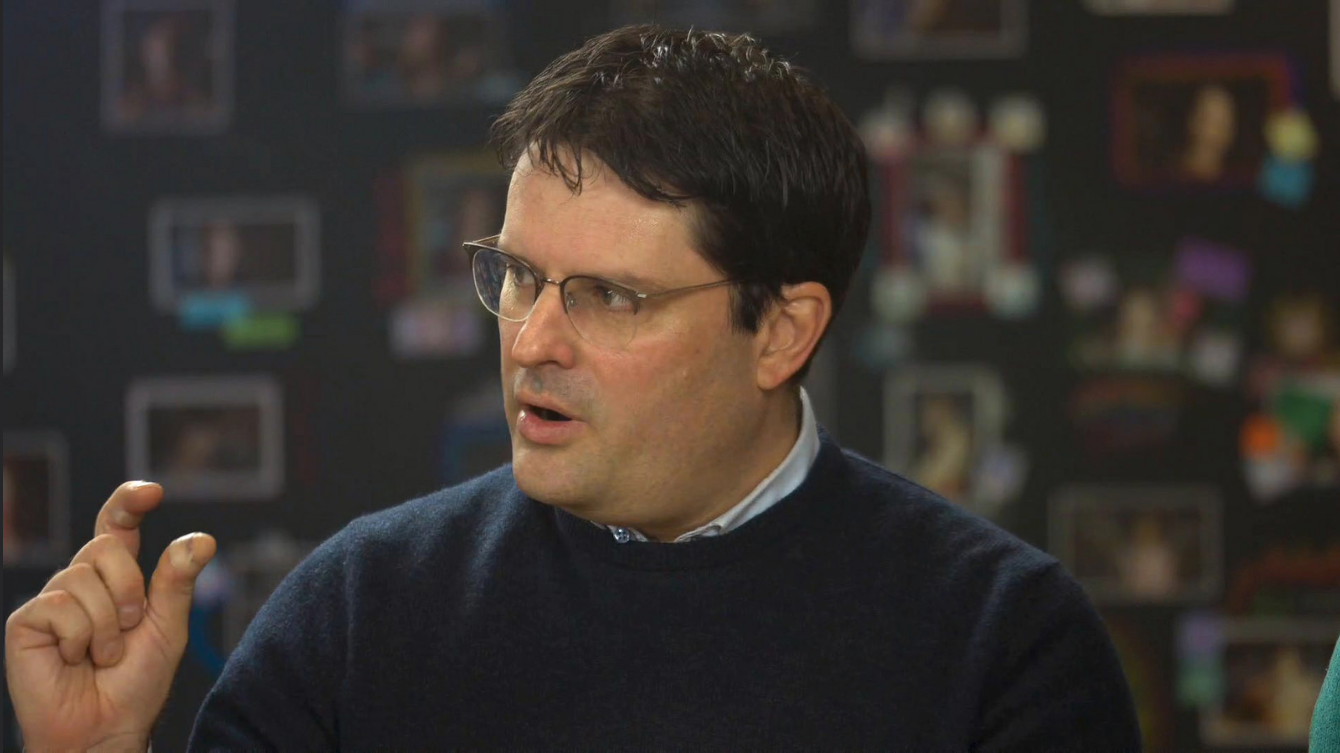What is Ancient Lives?
Ancient Lives (ANE 103) is more than just a study of the past. Rather, this course gives students a broad scope into human life over time and allows us to reflect on our own lives as a part of history. By studying our ancient predecessors and focusing on the earliest human civilizations in and around Mesopotamia, we can give thought to societal beliefs and our own personal ideals as it relates to religion, race, colonialism, violence, art, happiness, wealth, and much more. Each week, we meet with professor Gojko in lecture as well as the Teaching Fellows in section and are challenged to think differently about class material through open-ended quizzes and section discussions along with keeping a weekly logbook where we reflect on the assigned readings. Furthermore, each of us is assigned to a team where we explore a facet of life in ancient Mesopotamia. These activities allow us to think critically about society and humans in the past, and give us the skills we need to build the future.
Why Ancient Lives?
Ancient Lives gives a new perspective on thinking about different types of societies and cultures by delving deep into the past. It gives a new way to think about history and how it affects the present. It is not only the study of ancient Mesopotamians but the fundamental understanding and appreciation in learning about the interactions, beliefs, and values of the ancient past. We draw conclusions on cultures and the world and investigate the connections between past and present. By exploring the invention of writings, investigating the rise and role of the state, studying ancient economies, exploring the importance of power, looking into detail of how they understood the human body and health, studying their attitude towards art, education, and religion; these topics provide a foundation on which we can examine the influences of life relative to our current world. This class brings ancient Mesopotamia to life. By exploring the early stages of human society and the rise of social complexity, this course allows us to understand in what way our existence is linked to the deep history of our species.
What's new this year?
This year, we focused on the role of feasting and flavor in the ancient world. This theme produced our evening events, as well as the assignments that each of us took part in. The first evening event of this year began with a lecture on ancient brews led by Dr. Patrick McGovern, Scientific Director of the Biomolecular Archaeology Laboratory for Cuisine, Fermented Beverages, and Health at the University of Pennsylvania Museum in Philadelphia. It was followed by a reception in the Semitic Museum with Dr. McGovern’s own reproduction of ancient brews. The second evening event, led by cooking assignment instructor Patricia Jurardo Gonzalez, allowed us hands-on experience with preparing recipes produced in Mesopotamia.
There were six assignments, each related to flavor and feasting in their own regard. These included A) exploring ancient food recipes, B) experimenting with ancient fermentation (beer brewing), C) conducting a physical examination of ancient vessels thought to have contained alcoholic drink, D) working on an exhibit about ancient feasting for the Harvard Art Museums, E) designing and performing a game centered on an ancient feast, and F) working as a journalist to document the activities of other groups and produce this website.
